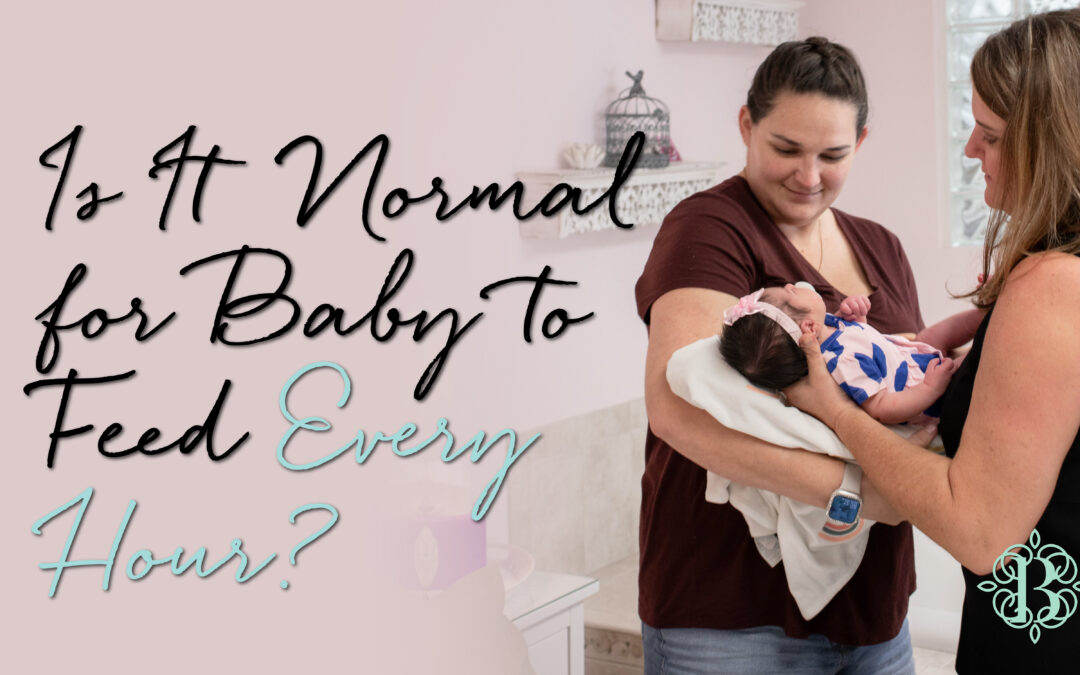Is it Normal for Baby to Feed Every Hour?
Breastfeeding carries unique benefits for the mother and infant. It is the primary nutritional source for newborns. However, it comes with some challenges, especially for first-time mothers who cope with sudden changes in their bodies. A common concern among mothers is regarding how long a baby takes to feed. What is the normal length, are they getting enough, etc. Let’s discuss!
A baby feeding every hour might indicate underlying survival issues. These can encompass feeding problems on the mother’s end, such as a low milk supply or struggles the baby is experiencing such as tethering of oral tissues. Issues could also indicate the baby’s struggle with sound oral functioning or poor latching. It often results in the baby engaging in prolonged and frequent feeding to sustain themself.
How much and how long does a baby take to feed?
Contrary to popular belief, the milk supply isn’t fully regulated within a mother’s body right after delivery. Breastfeeding moms go through multiple transitions, especially during the 0 – 6 week timeline post-birth. During the first few days, you should feed your baby every 1 – 3 hours, as frequent feeding will help you increase your milk supply and allow your baby to get familiar with suckling and swallowing. As they grow, babies will eventually feed longer and more frequently throughout the first few weeks and months.
Breastfeeding patterns evolve as babies grow and start gravitating towards solid food from 6 to 12 months. Therefore, you should follow your baby’s cues and breastfeed them on demand, while introducing them to a soft diet in appropriate proportions. At 12 – 24 months, a toddler may or may not want to breastfeed. Some continue to feed on breast milk longer, while others only do so in the morning or before bed. Remember to keep monitoring your child’s hunger cues and check if they want to be breastfed since it is a source of nutrition.
What are the risks if the baby is not getting sufficient food?
Insufficiency of food can result in a plethora of issues, such as malnutrition and stunted infant growth. It can also result in serious conditions such as pneumonia or bowel infections. A healthy weight gain can also be restrained, especially in the likelihood of other barriers such as jaundice and lack of fatty stores in the baby’s body.
What should I do if I feel like my baby is not getting enough?
While it is common for babies to throw feeding fits, if you feel your baby is not getting enough food, consult an International Board-Certified Lactation Consultant promptly. It will help you understand and manage feeding challenges better and with strong support! If you have any questions, give us a call!

